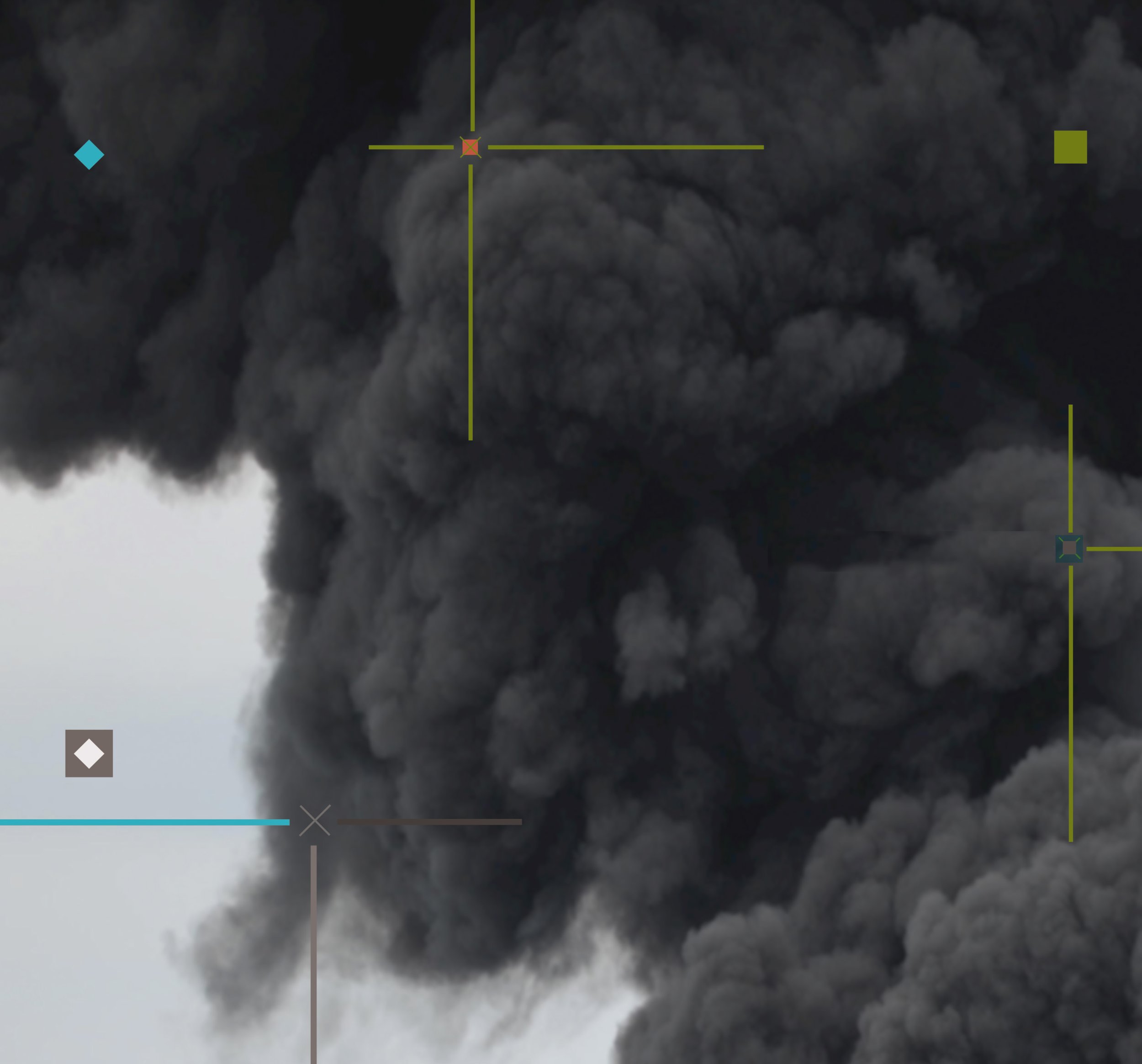
VASYL MAKHNO
Vasyl Makhno was born in Chortkiv, Ternopil oblast, in 1964. He is a poet, essayist, and translator. He is the author of eleven collections of poetry. His most recent collection, A Paper Bridge, appeared in 2017. He has also published two book of essays: The Gertrude Stein Memorial Cultural and Recreation Park (2006) and Horn of Plenty (2011), and two plays: Coney Island (2006) and Bitch/Beach Generation (2007). Makhno translated Zbigniew Herbert’s and Janusz Szuber’s poetry from Polish into Ukrainian, and edited an anthology of young Ukrainian poets from the 1990s. His poems and essays have been translated into twenty-five languages. His poems and essays appeared in English in Absinthe, Agni, Consequences, Post Road, Poetry International, and others. Two poetry collections, Thread and Other New York Poems (2009) and Winter Letters (2011), were published in English translation. He is the 2013 recipient of Serbia’s Povele Morave Prize in Poetry and BBC Book of the Year Award 2015. Makhno lives in New York City.

From the Translator
Uilleam Blacker, University College London
Vasyl Makhno was born in Chortkiv, western Ukraine, in 1964. He left Ukraine in the late 1990s, and, after a short time teaching and writing in Poland, ended up in New York, where he still lives. His early work drew on the rich seams of Ukrainian modernism, in particular on the ecstatic and eclectic genius of the interwar poet Bohdan-Ihor Antonych. His trajectory westwards was accompanied by a move away from modernist forms towards a simpler, more outward-looking sensibility. The poet’s eye turned to the strange, new landscapes around him. In New York, he caught the tail end of the activities of the New York Group of post-war Ukrainian émigré poets. His poetry contains fond nods in their direction, but as an immigrant of a different wave, he is more enchanted by New York than his predecessors, and more attuned to its paradoxical mix of local specificity and global reach. Makhno is today surely one of that city’s most dedicated poetic chroniclers, flitting between Chinatown markets and Brooklyn bars – watching, listening and recording.
The four poems published here represent a wrenching return eastwards for Makhno. As he spells out in ‘War Generation’: ‘you may live in New York but you are always/a soldier of your unit – your country – its troubles’. Even a drifter cannot help but be drawn homeward when his home is under threat. And as ‘February Elegy’ proves, even the most modern of Ukrainian poets reaches for the rallying might of Taras Shevchenko, the great national poet, in moments of crisis. The poems are urgent, direct, and violent, in a manner uncharacteristic for Makhno. But perhaps the most effective is ‘On Apollinaire’, where the poet glances back at his earlier, modernist repertoire of dense imagery and symbolism, yet without losing sight of the gravity of the subject: the exhaustion and devastation of an unexpected war.
